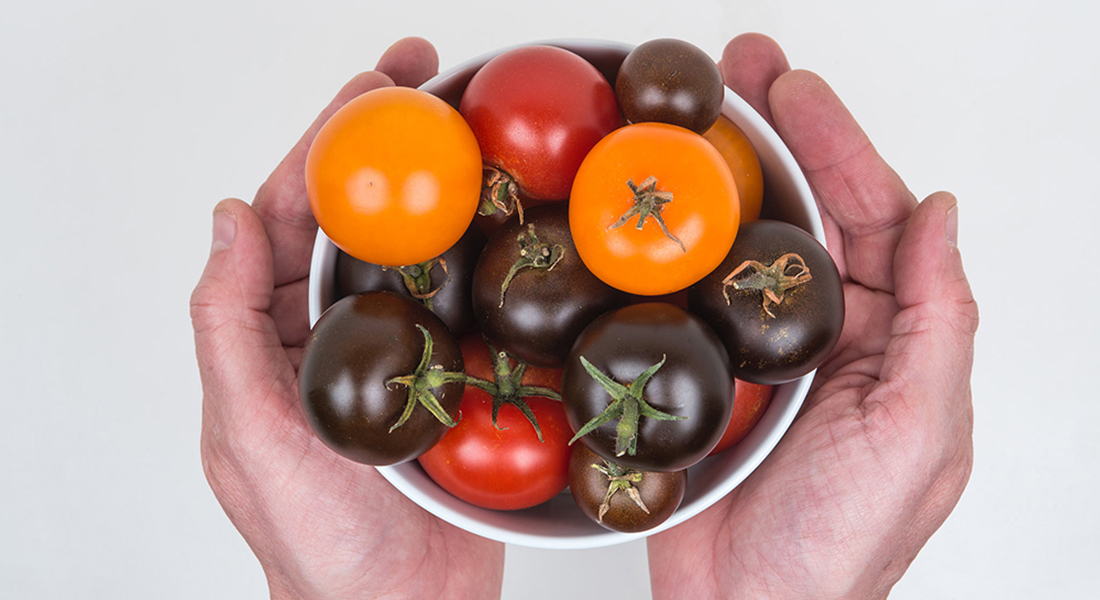Biotech research to promote plant resilience to changing climates
Associate professor Sebastian Marquardt from Department of Plant and Environmental Sciences at UCPH, have received an Ascending Investigator Grant from Novo Nordisk Fonden. He won 9,999,063 DKK to explore biotechnological solutions to enhance the resilience of crops to changing environments to be used as a strategy for climate-smart agriculture.

Because of a growing world population, the demand for improved agricultural production is immediate. The agro industry needs to produce more, but also grow climate robust crops that are not only sustainable but also profitable. However, the extreme environmental fluctuations we are facing (i.e. temperature swings) will in the near future affect plant growth, threaten yields globally and the food security. The current greenhouse agricultural practices tend to rely on heavy energy investment to provide crops with controlled growth conditions, making it a key contributor to greenhouse gas emission and environmental degradation.
“With this grant it is possible for us to focus on an alternative to break this vicious cycle: I aim to utilize a plant inspired molecular RNA-biotechnology toolkit to enhance crop resilience to changing environments. My research group recently identified RNA molecules at the center of plant gene regulation: short promoter-proximal RNAs (sppRNAs). sppRNAs are temperature sensors that mediate temperature dependent gene regulation. I propose to characterize the temperature sensor properties of sppRNAs, and target temperature-linked gene expression control for biotechnological exploitation,” Sebastian Marquardt says.
This means that the research carried out promises to improve cold tolerance through implementation of sppRNA-based plant gene expression, at a first step in cold-sensitive tomato. By helping high value crops to be more resistant towards colder climates, we could reduce energy consumption and greenhouse gas emission associated with temperature control in greenhouses. This gives the farmers an opportunity to develop a climate-smart strategy for sustainable agriculture, and maintain viable and profitable high value crops as tomatoes.
“COVID-19 has made RNA “popular” and we have seen how effective and useful the non-coding part of RNA is (red. Non-coding is the parts of the RNA that does not translate into proteins). So, we want to explore if non-coding RNA can bring new solutions for plants in our search for climate smart crops,” Sebastian Marquardt says. Because this area within biotechnology and plant research is fairly unexplored, it is uncertain if it can lead to functional solutions. But the hope for the project is that the new knowledge they will gain through their research can help develop green solutions for the agro industry in the future.
Read more about the grant at Novo Nordisk Fonden.
Topics
Contact
Sebastian Marquardt
Associate Professor
M: sebastian.marquardt@plen.ku.dk
Ph: +45 35 33 13 05

